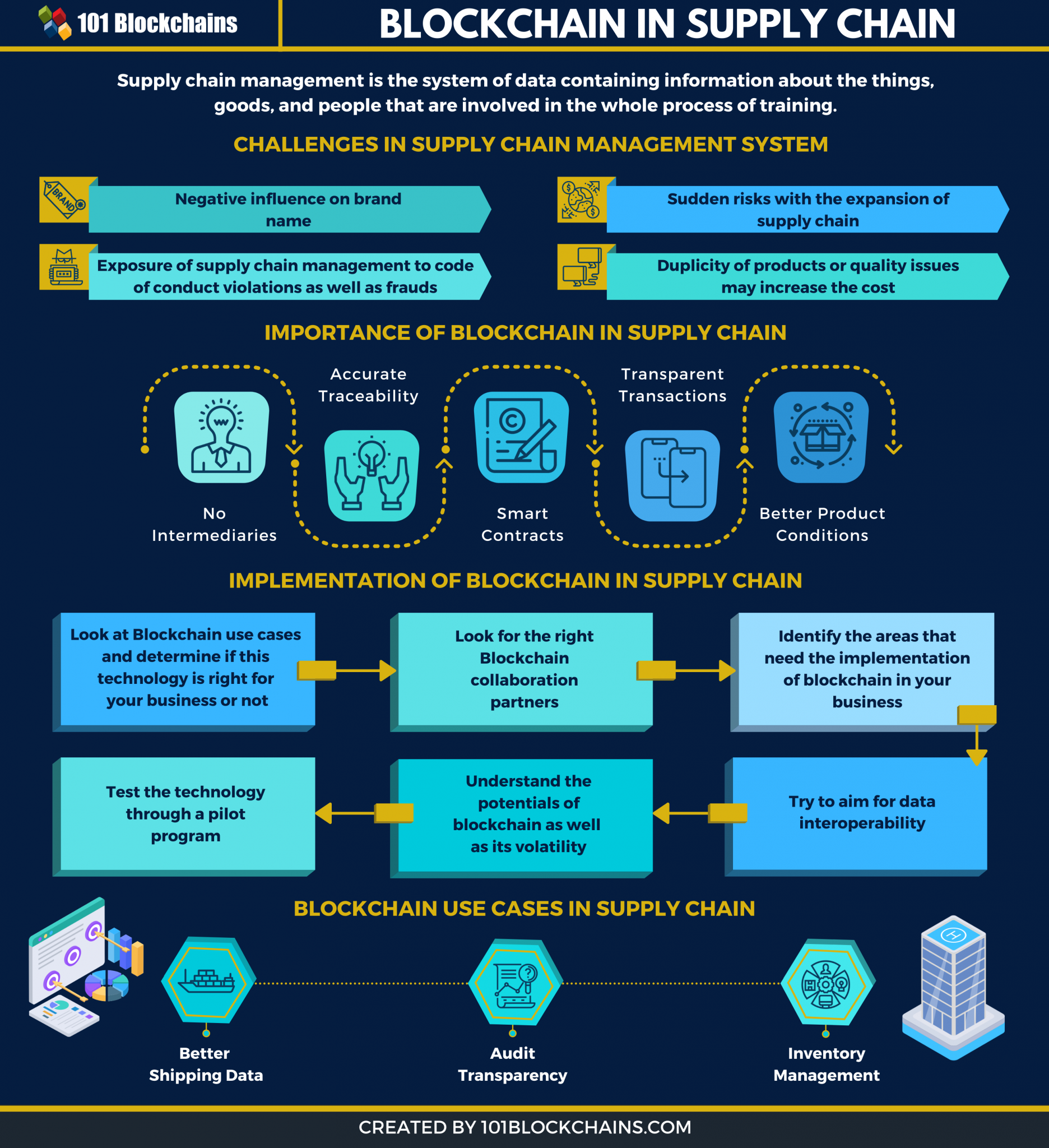Revolutionizing Global Trade How Blockchain Is Transforming Supply Chain Management
Imagine a world where goods move seamlessly across borders, their origins and movements transparent to all involved. Where counterfeit products are a thing of the past, and the risk of supply chain disruptions is minimized. This is the world that blockchain technology is creating, revolutionizing global trade and transforming supply chain management as we know it.

- What Are Flash Loans In Defi And How Do They Work
- Breaking Free From Centralized Control: The Power Of Non-Custodial Wallets
- Unlocking The Secret To Hands-Free Investing: Crypto Trading Bots
- Unlock The Secret To Free Crypto: A World Of Endless Possibilities
- Unleashing The Power Of Liquidity Mining: Unlocking DeFi’s Hidden Gem
At its core, blockchain is a decentralized, digital ledger that records transactions across a network of computers. But when applied to supply chain management, its potential is vast. By creating a permanent, tamper-proof record of every transaction and movement of goods, blockchain enables real-time tracking, increased transparency, and reduced risk.
One of the most significant benefits of blockchain in supply chain management is its ability to prevent counterfeiting. According to the International Chamber of Commerce, the global value of counterfeit goods reached $1.7 trillion in 2015. By using blockchain to create a unique digital identifier for each product, manufacturers can ensure that only authentic goods enter the market. This not only protects consumers but also saves companies billions of dollars in lost revenue.
Another major advantage of blockchain in supply chain management is its ability to facilitate real-time tracking. With the use of IoT sensors, GPS tracking, and other technologies, companies can monitor the movement of goods in real-time, enabling them to respond quickly to any disruptions or issues. This increased visibility also enables companies to optimize their supply chains, reducing costs and improving efficiency.
Blockchain is also transforming the way companies manage inventory. By creating a permanent record of every transaction, companies can maintain accurate and up-to-date records of their inventory levels, reducing the risk of stockouts and overstocking. This increased visibility also enables companies to optimize their inventory management, reducing waste and improving their bottom line.
The benefits of blockchain in supply chain management are not limited to companies alone. Consumers also stand to benefit from increased transparency and accountability. With blockchain, consumers can track the origin and movement of goods, ensuring that they are purchasing products that are safe, sustainable, and authentic.
While the benefits of blockchain in supply chain management are clear, there are still several challenges to overcome. One of the biggest challenges is scalability. Blockchain technology is still in its infancy, and many of the existing platforms are unable to handle the high volume of transactions required by large-scale supply chains. However, companies such as Maersk and Walmart are already investing heavily in blockchain-based supply chain solutions, and the development of new platforms and technologies is helping to address scalability concerns.
Another challenge is interoperability. With multiple blockchain platforms and networks emerging, there is a risk of fragmentation and incompatibility. However, efforts to standardize blockchain protocols and networks are underway, and companies such as GS1 US are working to ensure that blockchain-based solutions can be integrated with existing supply chain systems.
Despite these challenges, the potential of blockchain in supply chain management is vast. By creating a transparent, tamper-proof record of every transaction and movement of goods, blockchain is revolutionizing global trade and transforming the way companies manage their supply chains. As the technology continues to evolve and mature, we can expect to see significant improvements in efficiency, accountability, and transparency.
In the future, we can expect to see blockchain-based supply chain solutions become the norm. Companies will be able to track the origin and movement of goods in real-time, and consumers will have increased visibility into the products they purchase. The benefits will be far-reaching, from improved efficiency and reduced costs to increased transparency and accountability.
As the world becomes increasingly interconnected, the need for transparent and accountable supply chain management has never been greater. Blockchain technology is poised to play a major role in meeting this need, and its potential to transform global trade and supply chain management is vast.
